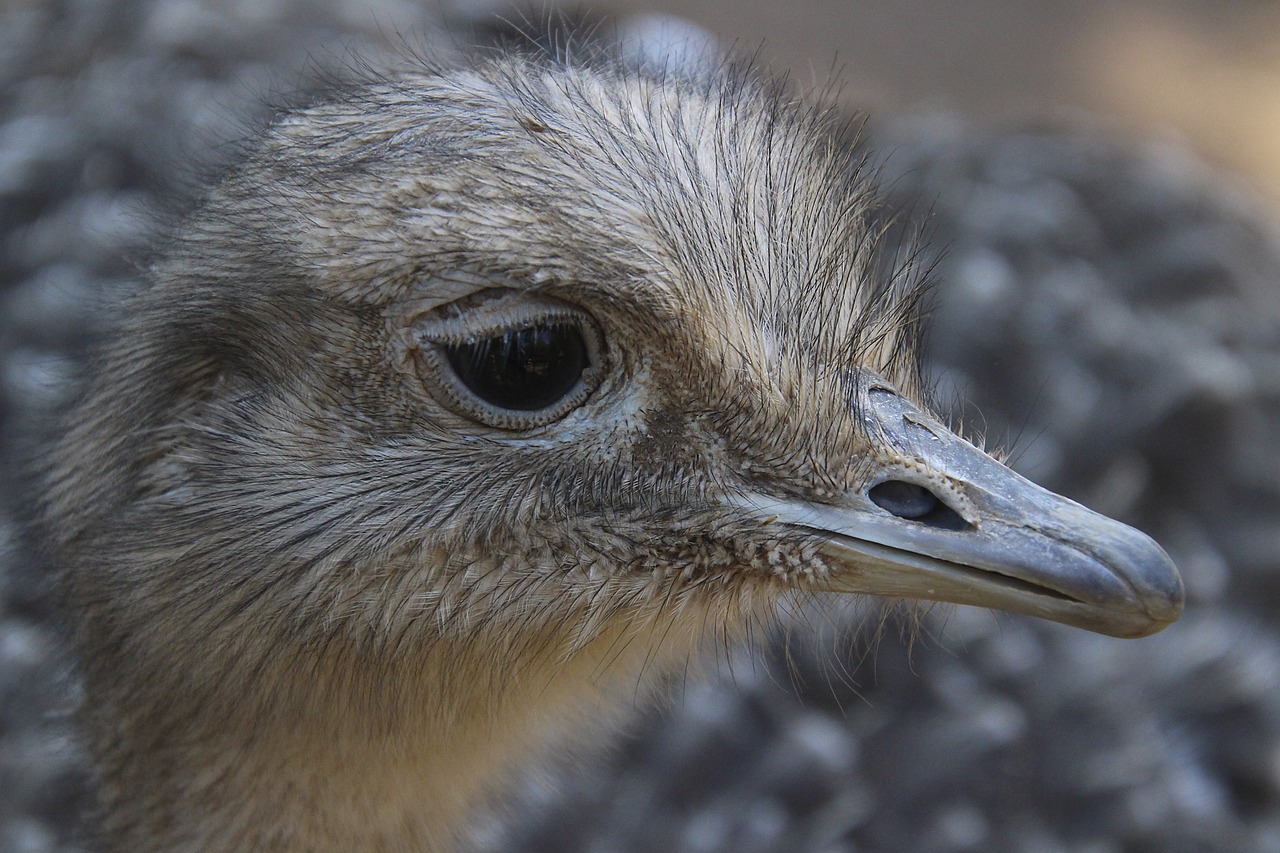Rhea: The Titaness of Motherhood and Fertility
Rhea, known as Rheia in Greek, embodies the divine qualities of motherhood, fertility, and the seamless transmission of life. Her name translates to “flow” and “ease,” reflecting her role as a nurturing figure in mythology. As the Titaness and consort of Kronos (Cronus, the personification of Time), Rhea symbolizes the perpetual cycle of time and generations. She represents not only the physical aspects of fertility—such as menstrual blood and maternal milk—but also the comfort and ease associated with motherhood, often referenced in ancient texts as the “gods who live at their ease.”
In the mythos, Rhea is depicted as the spouse of the Titan Kronos and serves as the Queen of Heaven. When a prophecy foretold that one of their children would depose him, Kronos resorted to devouring each newborn deity immediately after birth. To thwart this grim fate, Rhea clandestinely gave birth to her youngest child, Zeus, in a cave on Crete. She then cleverly substituted a stone wrapped in swaddling clothes for Zeus, which Kronos consumed, thus allowing her son to escape his father’s fate.
Rhea’s imagery is often associated with the Anatolian mother goddess Kybele, sharing visual elements such as a towering crown and the presence of lions as sacred animals.
Rhea’s Family Connections
Rhea was born to Ouranos (Uranus) and Gaia (Earth). She was among the Titans—sisters of powerful deities such as Oceanus, Coeus, Hyperion, Crius, Iapetus, Theia, Themis, and Mnemosyne. Rhea became the mother of several prominent gods with Kronos, including Hestia, Demeter, Hera, Hades, Poseidon, and Zeus.
According to ancient sources, Rhea has been linked to various mother-like deities and experiences across cultures. The duality of her representation—it as a nurturing figure and a fierce protector—culminates in her mythos where she plays a significant role in the upbringing of the deities she bore.
The Complexity of Rhea’s Identity
Rhea’s identity remains a nuanced topic in ancient mythology. Some scholars link her with the earth and the verb “to flow,” while others emphasize her role as a vital aspect of the earth goddess theme, akin to Demeter. Various legends depict Rhea as having connections with the earlier sovereigns of the world, Ophion and Eurynome, but it is Kronos and Rhea who established themselves as rulers.
When Rhea’s children were in danger due to their father’s cannibalistic tendencies, she sought the guidance of her parents and devised a plan to protect Zeus, leading to mythological interpretations of her as a deity who embodies resilience and maternal instinct.
Worship and Legacy
Rhea’s sacred worship primarily centered in Crete where it is believed the cult originated before spreading across Greece and into Asia Minor. Temples dedicated to her were established, such as those in Delphi, where a stone, believed to be the one consumed by Kronos, was venerated.
As the goddess of childbirth, Rhea’s influence extended to the rituals surrounding birth and nurturing, illustrating the blending of her identity in antiquity with the goddess Kybele. Over time, her image and worship merged with various other deities, leading to a conflated representation of maternal and earth goddesses across different regions.
Rhea as a Goddess of Transition
Rhea consistently plays the role of a mediator, whether it is in facilitating births or in her interactions with other gods. For instance, her involvement in Demeter’s return to the divine fold after Persephone’s abduction underscores her importance in maintaining balance within the pantheon.
Despite her nurturing demeanor, there is also an element of fierce protectiveness attributed to her character—acting decisively for her children’s safety against the ominous grasp of their father, reflecting themes of courage and sacrifice typical of mother figures throughout mythology.
Cultural Representation
In art and literature, Rhea is often depicted accompanied by lions or in a seated position, illustrating her majestic yet nurturing aura. The lion motif emphasizes her strengths and the might of nature she represents.
Overall, the multifaceted nature of Rhea’s character—from being a devoted mother to a fierce protector—continues to resonate in interpretations of myth, showcasing the complexities surrounding female divinity in ancient cultures.



